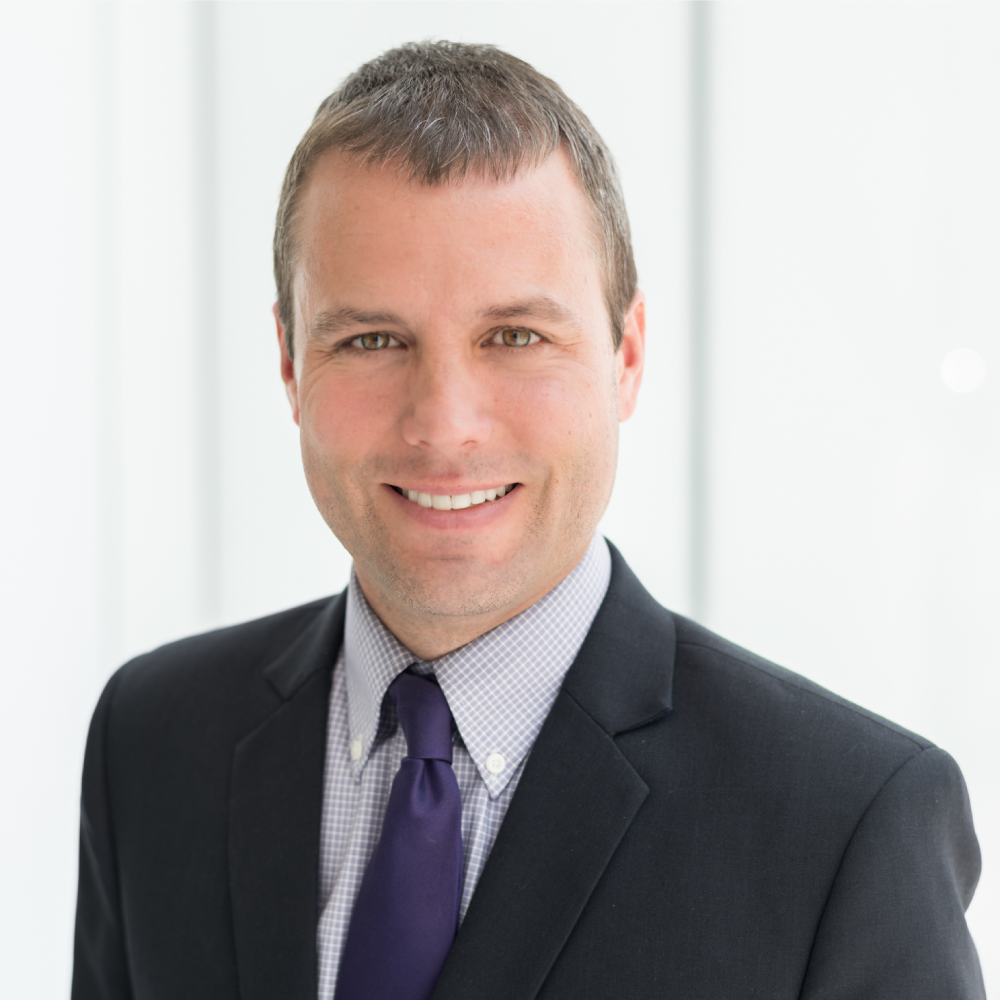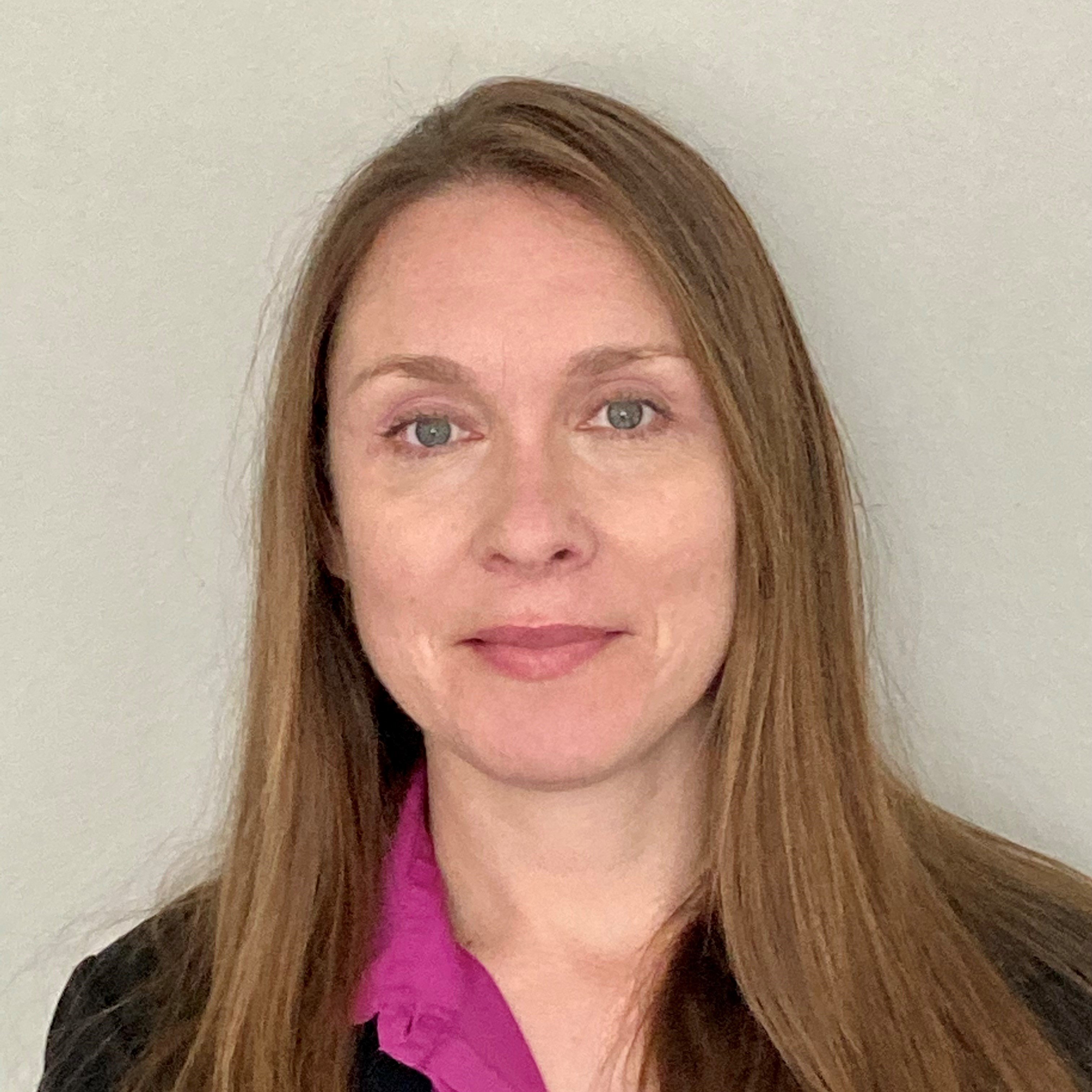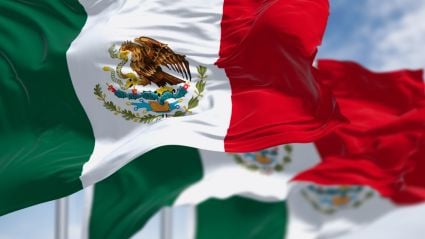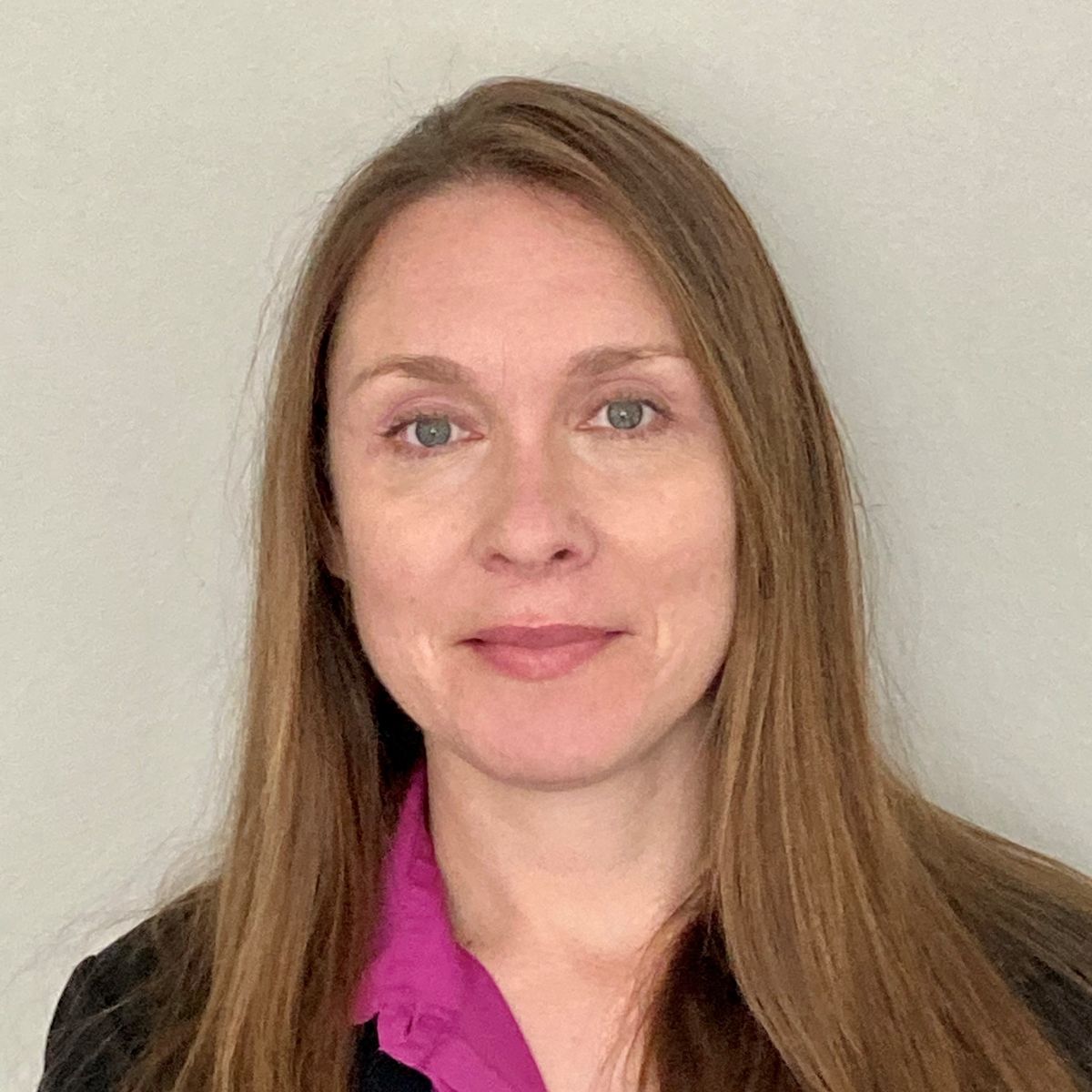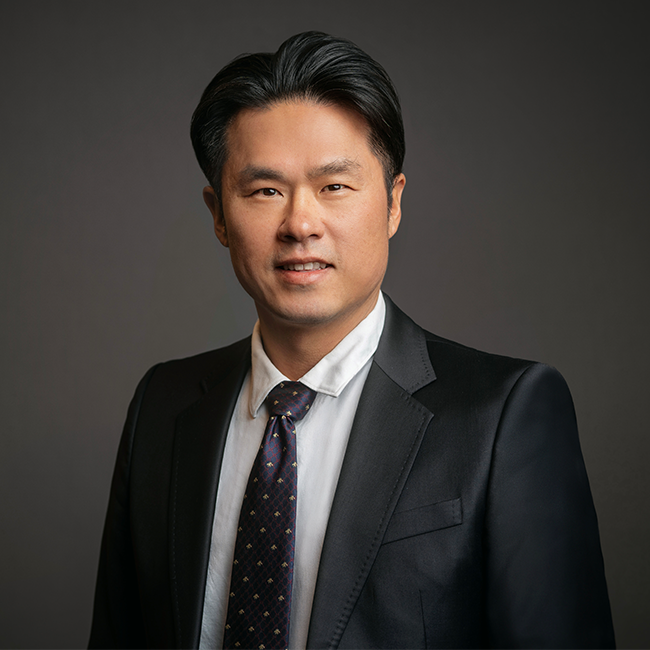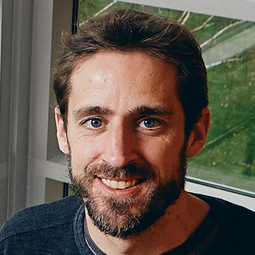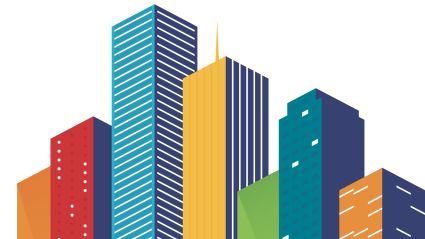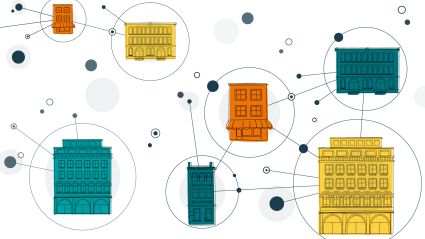
Q & A with Robert BlainePhD, Chief Administration Officer, City of Jackson, Mississippi |
In this edition of the Milken Institute “Stories from the Field” interview series, we hear from stakeholders utilizing innovative financing approaches to drive long-term investment to economically distressed urban and rural communities across the United States.
Our first interview features Robert Blaine, PhD, chief administration officer, City of Jackson, Mississippi.
1. You’ve had a unique career path that began in academia and the arts. Please tell us about your professional journey and how you landed at your current role as Chief Administration Officer of the City of Jackson, Mississippi. What are your core responsibilities, and how did your previous professional experiences prepare you for the challenges of city government?
It is true that my career path has been unique.
My training as a professional musician afforded me the opportunity to perform in and conduct orchestras in the U.S., Central America, Europe, and China. After ten years, I chose to join the academic world as a professor of music, where I taught undergraduate and graduate courses in music theory, composition, and performance while performing and conducting orchestras at the university and around the country. I was an Associate Dean, then Dean of the undergraduate college at Jackson State University, and became Provost of Tougaloo College. My experience as a leader of musical ensembles prepared me to understand and lead diverse organizations. In my current position as Chief Administrative Officer for the City, I lead an organization of over 2,200 employees and oversee a budget of approximately $500M. I model my leadership style after the conductor Leonard Bernstein, who said, “The conductor is the least powerful person in the room, his instrument makes no noise, yet he must convince those with the power to conform to his vision. This is achieved by allowing each artist room for individual interpretation within the vision of the whole.”
2. You were recently featured as a TEDx speaker, where you explored “The Dignity Economy,” outlining Jackson’s strategic plan. What are the core tenants of the plan, and what do you see as the most significant barriers to achieving these goals, specifically the economic expansion of your City?
When Mayor Lumumba and I first contemplated our transition to municipal government, we began with a discussion of economic models.
As we discussed, we realized that many of the economic models of cities are characterized by issues of humiliation – blight, crime, poor educational outcomes, intergenerational poverty, and lack of opportunity, to name a few. We decided that we wanted to create an economic model that was focused on the inherent dignity of every citizen in the City of Jackson. We wanted to create a Dignity Economy. As we began to plan with our team, we held sets of public meetings called “People’s Assemblies” to discuss and gain community input on our economic model. Five goals emerged: Healthy Citizens, Affordable Homes in Safe Communities, a Transformative Educational System, Jobs in a Growing Tax Base, and a Community that is Open and Welcoming to Visitors. These goals were defined, and sets of projects were outlined to achieve the goals. We built metrics to measure our progress, and now we are working on our plan. We have been fortunate to align partners, such as the Milken Institute, Social Progress Imperative, Aspen Institute, the Bloomberg Foundation, Surnda Foundation, and the W. K. Kellogg Foundation. These partners have helped us build the strategies and tools to effectuate our plan, but we still must execute. This requires cultural change both in our organization and in our community. As an organization, we must accept new strategies and reorganize our practices to effectuate change. As a community, we have to understand that economic expansion is not a zero-sum game. Our Dignity Economy requires a focus on historically disadvantaged communities.
This focus elevates all communities – both those who have historically benefitted from economic investment and those who have been historically marginalized. Our goal is to create growth for all.
3. How has the COVID-19 crisis affected your local economy, and how has it altered your economic development goals in Jackson? What types of new projects and investments would most lend themselves to a robust recovery?
COVID-19 has shown a bright spotlight on the inequities in our community. In Jackson, the unemployment rate grew from an all-time low of 4% to the highest unemployment rate since WWII, 14%. This pandemic has caused the City to pause some economic development projects to refocus on initiatives that will increase the resiliency of our population, specifically the areas of education, healthcare, and employment.
The City has partnered with the local school district, Jackson Public Schools (JSP), leveraging the City’s municipal broadband network to create a free over-the-air broadband network for all JPS students. Connection rate data shows that nearly 20% of JPS households do not have access to high speed broadband. This initiative will build a network and a wireless internet service provider (WISP) that will be transformative for the district, level the learning environment for JPS students, and build the infrastructure for fiber-to-the-premises. The infrastructure will create growth in equity of broadband access for areas of the City that traditional telecoms have neglected due to perceived lack of return on investment.
The second phase of the broadband project will create residential and business fiber for personal and business access. The internet service provider (ISP) will be community/cooperatively owned and will enable opportunities for telemedicine, reducing community vulnerabilities due to lack of access to affordable healthcare.
Finally, Jackson is partnering with the Aspen Institute to create a local workforce ecosystem focused on reducing community vulnerability post-COVID. Fifteen workforce institutions are working collaboratively to envision a workforce ecosystem that creates pathways for economic mobility for all Jackson’s residents, but especially focused on those who may have lost employment due to the pandemic.
4. In terms of the Opportunity Zone legislation, how is this program a potential tool for addressing Jackson’s economic development needs?
The Opportunity Zone legislation is a powerful tool for our City to address economic needs. Fortunately, the City’s Planning Department played a major role in defining Jackson’s Opportunity Zones. This role allowed us to bring focus to the areas of the City that have not seen investment and build projects that can begin the transition of those communities and create new opportunities for all residents.
5. Beyond initially increasing investment levels within the designated Opportunity Zones, are there potential subsequent benefits you expect to flow from new projects and businesses within these communities?
Our plan integrates economic and workforce development to bring growth and living wages to the communities that need it most.
We have partnered with the Social Progress Imperative, the W. K. Kellogg Foundation, and the Aspen Institute to build a workforce ecosystem that incorporates tools to measure social well-being throughout our City, assess residents’ skillsets, and build workforce programs to fill skills gaps and link residents to employment. The workforce ecosystem aligns with economic development as we focus on projects that incorporate sustainable jobs that are resilient against external threats (e.g., risk of automation). Beyond these concrete benefits, we seek to imbue residents with renewed trust, increased pride, and a demonstrated ownership and investment in the community.
6. What are some of the challenges you see to the program’s successful implementation, and what steps are being taken on the local level to ensure that the designated communities are prepared to facilitate investments and maximize the positive economic impact?
Our Opportunity Zone project focuses on resilient infrastructure through rural broadband networks. The recent COVID-19 pandemic has brought a sharp focus to the inequities of access in rural and vulnerable communities. This includes inequities in access to healthcare, access to 21st-century educational opportunities, and access to data networks to identify and contain the virus’s spread. Extending a municipal broadband network into rural communities can play a valuable role in reducing vulnerabilities. The challenge lies in building awareness of these solutions and creating the partnerships and shared resources to build telehealth, 21st Century learning, and data networks to solve the challenges we are experiencing.
The City of Jackson has created relationships with telehealth providers, educational institutions, data networks, and workforce partners to maximize the project’s positive impact.
7. As an attendee at the Milken Institute’s Southeastern Opportunity Zone Summit in Jackson, were there any takeaways from the event that have helped inform your work and your approach to the Opportunity Zone program?
One of my biggest takeaways from the Opportunity Zone Summit was understanding the complexities of the deal structure and the human capital necessary to execute projects. The experience of interacting with professionals who have executed OZ projects was invaluable. The City used this experience to begin building a team to execute OZ projects.
This team included a new Deputy Director for Economic Development, a Deputy Chief Administrative Officer for building projects, and a long-range planning group.
8. How has the pandemic affected projects, investors, and funding in Opportunity Zones in your region over the last six months? Looking forward, how can Opportunity Zones act as a tool for advancing an economic recovery?
The pandemic has caused the City to pause on our rural broadband Opportunity Zone project; however, the refocusing on Jackson Public Schools has created the infrastructure for the faster growth of the OZ project. Creating a WISP and ISP will provide a scalable framework for the [long-term/expanded] OZ project and allow the proposed transmission line to connect rural communities to the internet immediately. The City believes that the current focus will supercharge OZ broadband projects, post-COVID.
9. How is Jackson helping to facilitate a robust pipeline of investable projects?
The City of Jackson has aligned its resources to design investible projects and create market signals to encourage private investments in our market. The direct investments align City projects (such as the rural broadband network) with external investors. Examples of investment opportunities initiated through private partners may be observed through partnerships with the Jackson Redevelopment Authority (JRA) and private investors in the City.
10. What should the typical public sector leader, in Mississippi or elsewhere, know about the Opportunity Zone program? How might their current program spending be affected by increased investment levels, and how will constituents who live or work in designated Opportunity Zones be affected?
Public sector leaders need to understand the potential that the Opportunity Zones present as a tool for investment in communities that have been underinvested. One of the greatest considerations is an investment in expertise, either internal to the organization or in partnerships or consultancy, to properly scale and execute Opportunity Zone projects. In my conversations with municipal leaders, there has been much confusion and misunderstanding of the OZ tool. Connecting these municipalities with deal jockeys and financial deal structures is important. I believe this is a prerequisite for any reorganization of spending plans.
11. Looking out ten years, what would a successful execution of the Opportunity Zone program look like in Jackson?
I see the revitalization of Jackson’s rich culture and artistry interwoven throughout a high-technology downtown core that promotes inclusivity and multigenerational activities for residents and visitors. Food, arts, culture, living, and working intertwined with a relaxed southern vibe.
This kind of vitality is the hallmark of a thriving urban environment. The robust rural broadband network will create both external and internal interest and investment. The new high-speed broadband enterprise connecting all institutions, government, and businesses throughout the City will establish the Capital City of Jackson as a place for tourism, family living, and new businesses that will bring economic stability and strength to Jackson. With the successful execution of opportunity zone projects, this is what Jackson will look like in ten years.
Download Q & A

